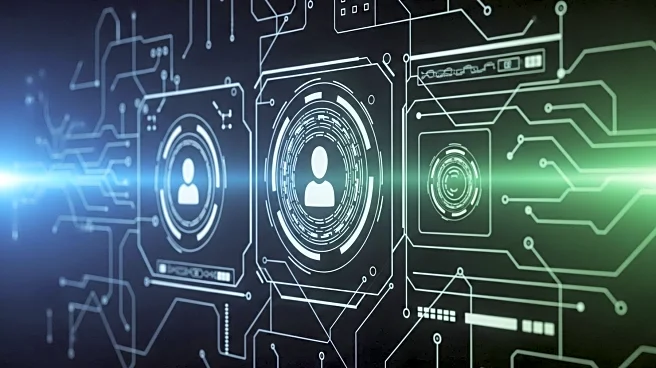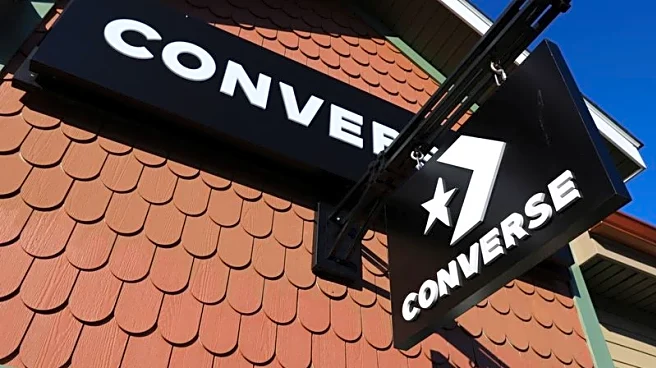What's Happening?
GovTech is focusing on modernizing resident identity systems to improve public services. The initiative aims to address fragmented identity solutions and interoperability issues between agencies, which lead to duplicate records and inflated costs. Security risks associated with weak identity checks and legacy systems are also a concern, as they expose personally identifiable information to fraud and cyber threats. Limited access due to ID ownership, digital literacy, language barriers, or internet access prevents many from using essential online services. The collaboration between Okta and Socure aims to provide seamless access across government services, enhance fraud prevention, and ensure inclusive digital access. This approach supports secure, compliant identity management, helping agencies meet evolving mandates and state privacy laws.
Why It's Important?
The modernization of resident identity systems is crucial for enhancing the efficiency and security of public services. By reducing friction and IT burdens, agencies can streamline authentication processes and reduce help desk demand. Enhanced fraud prevention measures protect against identity theft and cyber threats, while inclusive digital access ensures that underserved populations can access essential services. This initiative supports stronger compliance and auditability, aligning with evolving state standards. The collaboration between Okta and Socure provides a unified identity solution that empowers agencies to protect and serve residents more effectively, rebuilding public trust and improving service delivery.
What's Next?
State and local agencies are expected to adopt the unified identity approach to modernize service delivery. This involves continuous monitoring for fraud and ensuring secure access for diverse populations. The collaboration between Okta and Socure will likely expand to include more agencies, providing critical advantages such as reduced risk and complexity. As agencies implement these solutions, they will need to address challenges related to fragmentation, security, accessibility, and compliance. The success of this initiative could lead to broader adoption of similar identity systems across the country.
Beyond the Headlines
The modernization of resident identity systems has ethical and cultural implications, as it addresses issues of digital inclusion and equity. By providing secure access to underserved populations, the initiative promotes social justice and reduces disparities in access to public services. The focus on zero-trust security and inclusive identity proofing reflects a shift towards more equitable and secure public service delivery. This approach could set a precedent for other sectors, encouraging the adoption of similar identity solutions to enhance security and inclusion.











